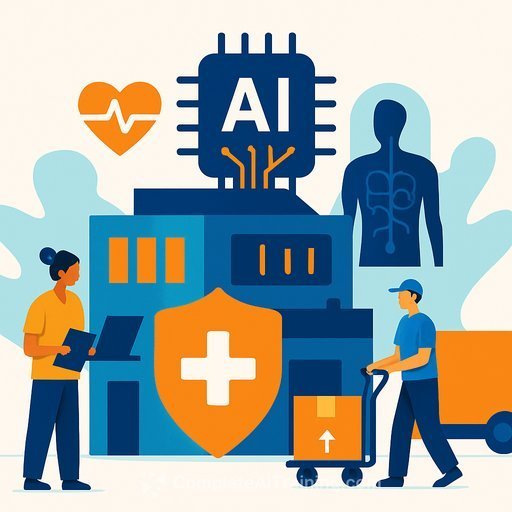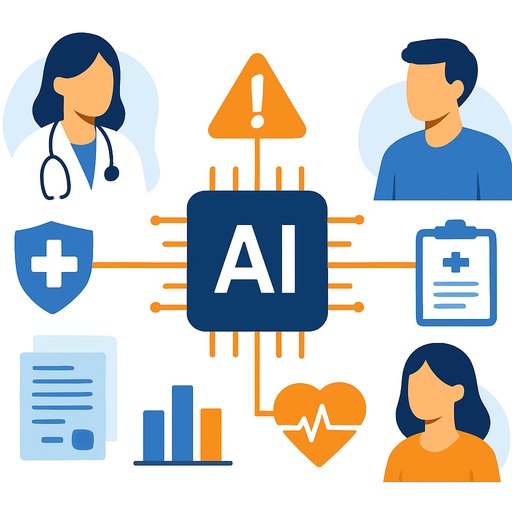New AI factory in Northamptonshire to take 'complex' healthcare work
A UK-based tech firm, AI Pathfinder, will build a new AI data centre in Chelveston, near Rushden, with work starting in December. The site is framed as a "factory" for complex workloads across healthcare and logistics and is the first step in a plan to deliver 2GW of supercomputing capacity nationwide.
Earlier this week, the government announced a £31bn pact with several US tech companies to accelerate AI research and drug discovery. In parallel, the government highlighted more than £900m of investment by Prologis to expand the Daventry International Rail Freight Terminal to boost rail freight, reduce road haulage, and create jobs.
"AI Pathfinder's mission to provide the infrastructure [to deliver AI] is a critical part of ensuring the UK is at the forefront of the AI-powered global economy," said chairman Martin Bellamy. The company said it controls multiple UK sites and has tenured experience delivering complex projects.
What this means for healthcare teams
- Imaging and digital pathology: train and serve large vision models for triage, segmentation, and workflow automation-without choking local infrastructure.
- Genomics and precision medicine: scale variant calling, multi-omics integration, and cohort analysis for faster insights.
- Clinical NLP: structure free-text notes, summarise multi-year records, and enable retrieval-augmented support across EHRs and guidelines.
- Operational forecasting: predict bed demand, theatre utilisation, and patient flow to cut delays and cancellations.
- Drug discovery support: screening, simulation, and model development that benefit from high compute density.
- Supply chain optimisation: model demand, inventory, and route planning across hospitals, labs, and pharmacies.
Why the logistics news matters
The planned expansion at Daventry could strengthen national medical supply chains that depend on reliable, cost-effective transport. Better rail freight capacity can ease pressure on road haulage, improve resilience for medicines, devices, and lab consumables, and support cold-chain reliability.
How to prepare now (NHS and private providers)
- Define high-value use cases: e.g., reduce imaging backlogs by X%, shorten time-to-result in genomics by Y%, improve discharge accuracy by Z%.
- Get data ready: map to FHIR where possible, implement de-identification/pseudonymisation, document consent models, and finalise data sharing agreements.
- Strengthen governance: align with DSPT/ICO guidance, set clear DPIAs, and define audit trails for model training and inference.
- Plan architectures: decide what runs on-prem, at the edge, or in high-compute facilities; separate sensitive data pathways from experimental workloads.
- Procurement and compliance: review routes (e.g., framework agreements), vendor due diligence, SLAs, and exit plans.
- Upskill teams: equip clinicians, analysts, and IT with practical AI skills for safe deployment and monitoring. See curated options by role at Complete AI Training.
Timelines and access
With construction due to begin in December, capacity is likely to come online in phases. Trusts and providers should engage early with regional digital leads, clarify data residency needs, and explore pilot projects that can move quickly once compute becomes available.
Bottom line
High-compute AI is becoming more accessible within the UK. Healthcare teams that pair clear clinical goals with clean data, sound governance, and the right skills will be ready to use it safely and deliver measurable outcomes for patients and staff.
Your membership also unlocks:






